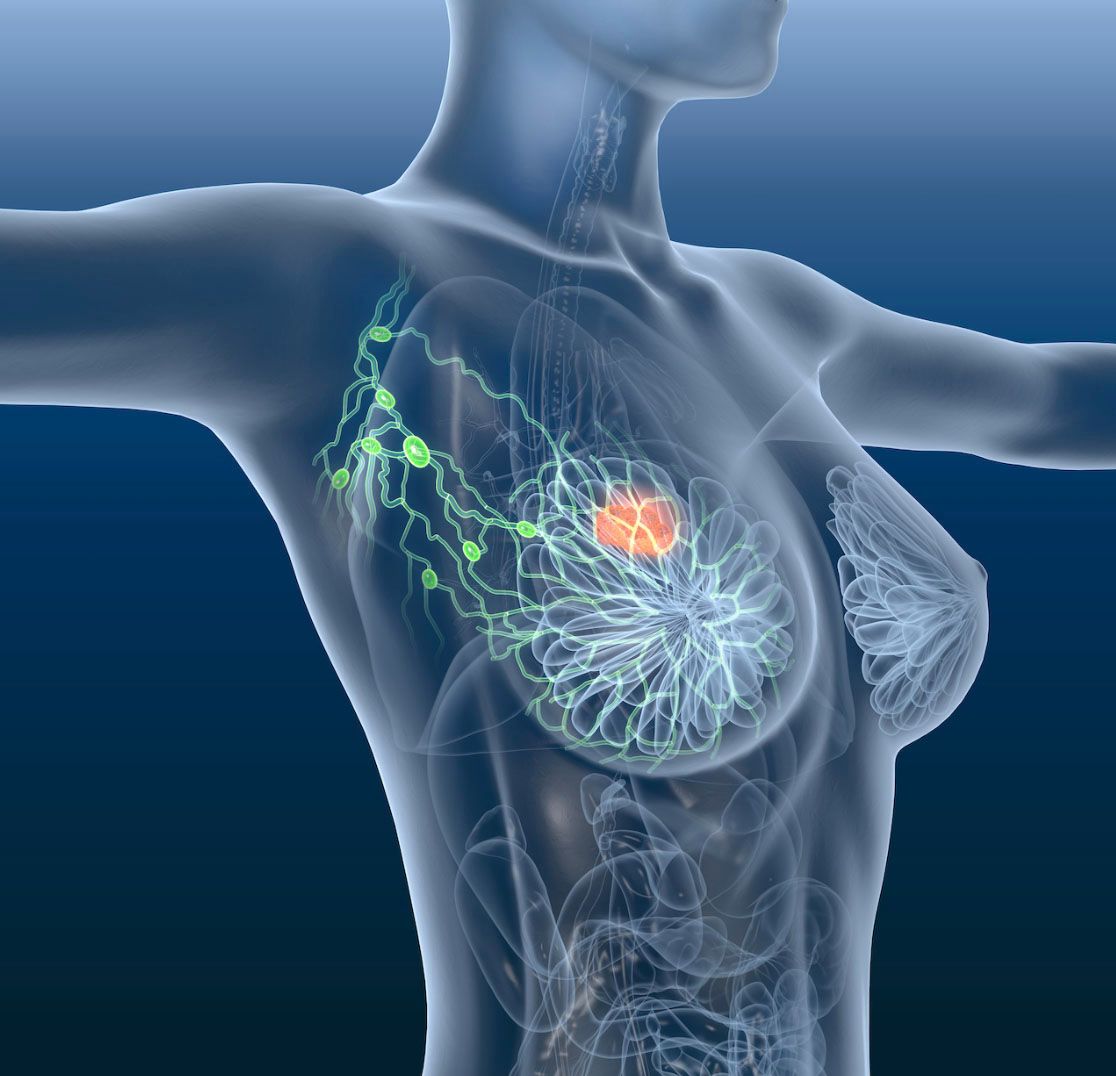T-DM1 Shows Activity in HER2+ Metastatic Breast Cancer and Brain Metastases
An exploratory analysis of trastuzumab emtansine demonstrated activity and tolerability in patients with HER2-positive locally advanced or metastatic breast cancer who have brain metastases participating in the prospective KAMILLA trial.

An exploratory analysis of trastuzumab emtansine (T-DM1) demonstrated activity and tolerability in patients with HER2-positive locally advanced or metastatic breast cancer who have brain metastases participating in the prospective KAMILLA trial (NCT01702571).
“Despite advances in the treatment of HER2-positive metastatic breast cancer, a notable unmet need remains for patients who also have brain metastases,” the investigators wrote in their conclusion. “This exploratory subgroup analysis of KAMILLA represents the largest reported cohort of patients with HER2-positive metastatic breast cancer and brain metastases treated with T-DM1 in a prospective setting. We observed clinically meaningful antitumor activity in patients with and without prior radiotherapy, suggesting that T-DM1 is active in this population and warrants further exploration.”
For the analysis, investigators looked at cohort 1 of this single-arm phase 3b study, where 398 out of 2002 patients had brain metastases at baseline. Among the 398 patients, there was a median progression-free survival of 5.5 months (95% CI, 5.3-5.6 months) and a median overall survival of 18.9 months (95% CI, 17.1-21.3 months).
In 126 patients with measurable brain metastases, there was a best overall response rate of 21.4% (95% CI, 14.6%-29.6%) and a clinical benefit rate of 42.9% (95% CI, 34.1%-52.0%). This group had 3 complete responses, 24 partial responses, and 27 patients with stable disease lasting 6 months or more.
There was a reduction in the sum of the major diameters of brain metastases of 30% or more for 42.9% (95% CI, 34.1%-52.0%) of patients with brain metastases. For 67 patients without prior radiotherapy to their brain metastases, 49.3% (95% CI, 36.9%-61.8%) had a reduction of 30% or more.
Patients with and without brain metastases had a similar adverse event profile, but nervous system toxicities in patients with baseline metastases were more common. There were 701 (43.7%) compared with 208 (52.3%) with nervous system adverse events in the group of patients with baseline brain metastases and those without, respectively.
In KAMILLA, patients received T-DM1 at 3.6 mg/kg intravenously every 3 weeks until they experienced unacceptable toxicity, withdrew consent, or had disease progression. The median treatment duration with T-DM1 was 4.9 months (range, 0-44 months) in patients with brain metastases.
This post-hoc, exploratory analysis investigated tumor response and clinical outcomes with those with baseline brain metastases. The primary end points included the best overall response rate and clinical benefit rate by RECIST v1.1 criteria, progression-free survival, overall survival, and safety.
The median age of patients with brain metastases at baseline was 52 years old (range, 28-83). They had an ECOG performance status of 0 (48.2%), 1 (43.7), or 2 (8.0%). A majority of these patients were estrogen receptor-negative and/or progesterone receptor-positive (61.8) or estrogen receptor-negative and/or progesterone receptor-negative (37.7). Most of these patients had 1 (23.4%) or 2 (22.9%) lines of therapy for metastatic disease.
Reference:
Montemurro F, Delaloge S, Barrios CH, et al. Trastuzumab emtansine (T-DM1) in patients with HER2-positive metastatic breast cancer and brain metastases: exploratory final analysis of cohort 1 from KAMILLA, a single-arm phase IIIb clinical trial. Ann Oncol. Published online July 4, 2020. Accessed July 9, 2020. doi:10.1016/j.annonc.2020.06.020
Durability and Intracranial Efficacy Observed With T-DXd in HER2+ MBC
January 13th 2025During a Case-Based Roundtable® event, Ian Krop, MD, and participants discussed how the outcomes of the DESTINY-Breast03 and other trials impact treatment of metastatic HER2-positive breast cancer in the second article of a 2-part series.
Read More